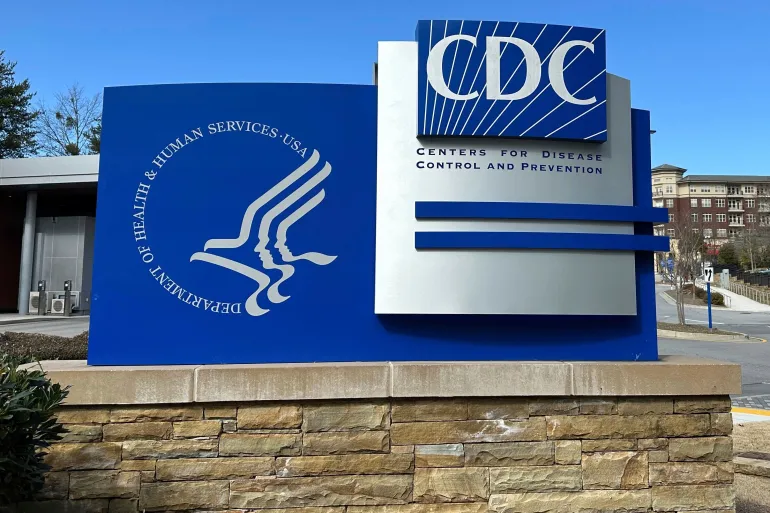Antibiotic-resistant bacteria, often called “nightmare bacteria,” are increasing in the United States, posing a serious public health threat. According to a recent report from the Centers for Disease Control and Prevention (CDC), infections caused by these drug-resistant bacteria grew nearly 70% between 2019 and 2023. Among the most concerning strains are those carrying the New Delhi metallo-β-lactamase (NDM) gene, which can render even last-resort antibiotics like carbapenems ineffective.
“Nightmare bacteria” refers to bacteria resistant to multiple antibiotics, making infections extremely difficult to treat. The NDM gene, first identified in India, produces an enzyme that breaks down carbapenems, a class of antibiotics often used for severe infections. Once rare in the U.S., NDM-producing bacteria have become more prevalent in recent years.
In 2023, 4,341 cases of carbapenem-resistant bacterial infections were reported across 29 U.S. states, with 1,831 linked specifically to NDM-producing bacteria. The rate of carbapenem-resistant infections rose from under 2 per 100,000 people in 2019 to over 3 per 100,000 in 2023, a 69% increase. NDM cases surged by 460%, from 0.25 to 1.35 per 100,000 people.
The misuse and overuse of antibiotics are key drivers of resistance. Not completing prescribed antibiotic courses or using antibiotics unnecessarily allows bacteria to survive and develop resistance. The COVID-19 pandemic worsened this problem, as increased antibiotic use during the crisis may have accelerated the development of resistant strains.
While many NDM cases are linked to healthcare settings, there is concern about community spread. Some individuals may carry resistant bacteria without showing symptoms, unknowingly transmitting them to others. Common infections, such as urinary tract infections, could become more serious if caused by resistant strains.
Health experts stress the importance of responsible antibiotic use. Patients should complete prescribed courses and avoid requesting antibiotics when not necessary. Healthcare facilities are encouraged to implement strict infection control measures to prevent the spread of resistant bacteria.
The rise of nightmare bacteria highlights the urgent need for action against antibiotic resistance. Promoting responsible antibiotic use, enhancing infection control practices, and continuing research and surveillance are critical to preventing further spread and protecting public health.


